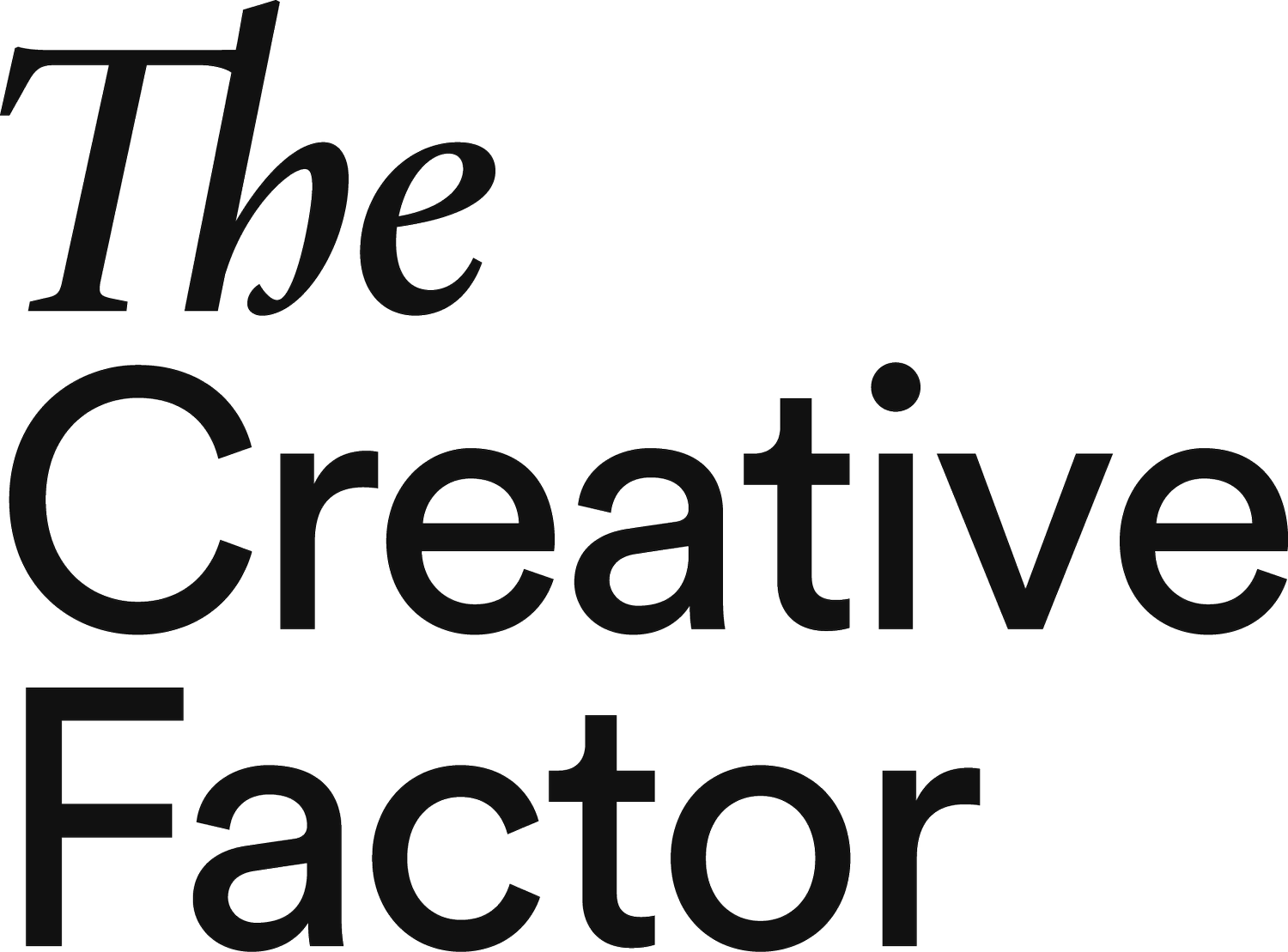
Burrito Pop! The Eight-Year Passion Project For Those Who Worship at the Altar of Chipotle
/ DECEMBER 02, 2020
/ FIRST-PERSON
For eight years, Madelin Woods had one pressing idea stuck in her head: How can I design a twistable burrito holder? Admittedly, it was in the back of her mind, as she moved between roles at Square (software engineer) and Facebook (design program manager). And it stayed there until earlier this year when she couldn’t not do the thing any longer.
That’s when Woods took Burrito Pop--as the holder is called--from personal project to full-on venture, from 3D prototype to a patent that stretched beyond 7,000 words. If you think that’s a lot of words for a burrito holder/warmer, you are not wrong. However, never underestimate the power of the almighty burrito. (If you invested in Chipotle years ago, you are probably on a yacht right now.)
Burrito Pops cost $40/each and Woods pre-sold nearly $40,000 worth of them on Kickstarter in October. She begins shipping them out this month. “I always like having a back burner project and I felt if I just pushed this forward one more step every year, then eventually I'll have this,” says Woods, who spoke with us about how she made her passion project real.
…
The idea for Burrito Pop marinated in your head for eight years. How did you recognize the need for a burrito holder/warmer?
I was an early software engineer at Square in San Francisco and every Wednesday we'd go down to the Señor Sisig food trucks in front of the office. The line was always at least an hour long.
One time I was down there and my hands were full. I had my empty coffee cup and I was super hangry after waiting in line and needed to eat right now. But my hands were full, so I put my burrito in my mug and realized I could carry it around with me and set it on my desk, without making a mess. But I could only eat half my burrito like that and realized I needed a push pop to make it easier to eat the rest of the burrito. Maybe I could deconstruct chapstick or a lipstick tube? I started dabbling with 3D printing to prove it out and make a prototype.
That prototype eventually led to a patent that is more than 7,000 words. What was the biggest design challenge?
One design challenge was that burritos have different widths. If you order something from Chipotle, it can be up to four-and-a-half inches in diameter, whereas a burrito from Señor Sisig is closer to two-and-a-half inches in diameter. We had this whole scientific breakdown where we measured burritos like crazy.
We surveyed a bunch of people on their burrito lengths, widths and diameters. Then we found this data set of hundreds of burritos all across the country. My goal was to cover like, 90% of burritos. My prototypes were two-and-a-half inches wide, and we wound up going with three-and-a-quarter inches.
That detail just blew my mind. I assumed all burritos are about the same gargantuan size.
Yeah, super stuffed burrito versus a baby burrito. They're all different.
You’re the first person to have the patent for this type of burrito holder. Did you do it to have your idea validated on paper or to secure a first-mover advantage against anyone who might compete with your business?
The biggest thing on the patent was that I've heard a lot of horror stories where, especially if you're like manufacturing something overseas, the factories will take it and produce it and undercut all of your sales. With a patent, you can at least defend some of that. The other thing, which I only recently learned, is that if you want to do any larger retail partnerships with places like Walmart or Target, you have to have a patent.
The eight-person team you put together to make this includes an industrial designer, mechanical engineer, designers and brand marketers from Netflix, Pentagram, and Square, and an actress. This does not sound like a typical passion project. How did you put the team together?
When I was looking for people to help out with this, I knew I needed support with industrial design and manufacturing. I'd also never run a Kickstarter before, so on Twitter I found this guy who told me to go talk to this person who's running a hardware newsletter, who told me to talk to this industrial designer who told me to talk to this agency that does Kickstarter things. And they told me they were too expensive for us, but to talk to another agency that would be perfect for us.
Through that chain of connections, I found this group, Informal, that puts together small teams of freelancers around hardware projects. They’ve done a lot of work on Kickstarter projects. We were able to pull in our designer from Pentagram for our branding who’s also done a lot of fun food-related projects, and a growth marketer to make sure we were doing the right targeting and building up our waitlist before launch. One of the guys has a friend who’s an actress, but also a nurse, who was excited to help out. We don’t have a huge budget, so we’ve been assembling this hodgepodge group of folks who are passionate about the project as contractors. Nobody is full-time. Even I run a start-up full-time.
Burrito Pop swagaliciousness.
You are the Founder and CEO of Walden, where you are building SaaS tools to help coaches manage their business from end-to-end, so Burrito Pop continues to be a side project. With all of your ventures, what is your daily schedule like?
I don't have any meetings before 11. Mornings are my time to either sleep, chill or catch up on whatever I need to do in the morning. Between eleven and six is Zoom meetings. Then after six, I go for a walk with my boyfriend, eat dinner, then usually I need to get something done. Between eight and 10 or 11 is my deep focus time when my brain is the most active. I can dig deep on a pitch deck, set up my Shopify, or do whatever I need to do that week.
What exactly makes you happy about this project?
That I can interact with the world in a different way. I’m always building stuff--super weird side projects or joke apps or whatever--and I like having a dialogue with the world where my language is making stuff. I definitely want to keep this as a business, but I don't think this will be my full-time thing. I just like to have my hands in multiple buckets.
True or false: Burritos are your favorite food.
True.
Matt McCue is the co-founder of Creative Factor. He lives in New York City, but is willing to travel long distances for a good meal.



